
Roger Joseph Ebert was an American film critic, film historian, journalist, essayist, screenwriter and author. He was the film critic for the Chicago Sun-Times from 1967 until his death in 2013. Ebert was known for his intimate, Midwestern writing style and critical views informed by values of populism and humanism. Writing in a prose style intended to be entertaining and direct, he made sophisticated cinematic and analytical ideas more accessible to non-specialist audiences. Ebert endorsed foreign and independent films he believed would be appreciated by mainstream viewers, championing filmmakers like Werner Herzog, Errol Morris and Spike Lee, as well as Martin Scorsese, whose first published review he wrote. In 1975, Ebert became the first film critic to win the Pulitzer Prize for Criticism. Neil Steinberg of the Chicago Sun-Times said Ebert "was without question the nation's most prominent and influential film critic," and Kenneth Turan of the Los Angeles Times called him "the best-known film critic in America." Per The New York Times, "The force and grace of his opinions propelled film criticism into the mainstream of American culture. Not only did he advise moviegoers about what to see, but also how to think about what they saw."
Cinéma vérité is a style of documentary filmmaking developed by Edgar Morin and Jean Rouch, inspired by Dziga Vertov's theory about Kino-Pravda. It combines improvisation with use of the camera to unveil truth or highlight subjects hidden behind reality. It is sometimes called observational cinema, if understood as pure direct cinema: mainly without a narrator's voice-over. There are subtle, yet important, differences between terms expressing similar concepts. Direct cinema is largely concerned with the recording of events in which the subject and audience become unaware of the camera's presence: operating within what Bill Nichols, an American historian and theoretician of documentary film, calls the "observational mode", a fly on the wall. Many therefore see a paradox in drawing attention away from the presence of the camera and simultaneously interfering in the reality it registers when attempting to discover a cinematic truth.

Eugene Kal Siskel was an American film critic and journalist for the Chicago Tribune who co-hosted a movie review television series alongside colleague Roger Ebert.

Day for Night is a 1973 romantic comedy-drama film co-written and directed by François Truffaut. The metafictional and self-reflexive film chronicles the troubled production of a melodrama, and the various personal and professional challenges of the cast and crew. It stars Jacqueline Bisset, Valentina Cortese, Jean-Pierre Aumont, Dani, Alexandra Stewart, Jean-Pierre Léaud and Truffaut himself.
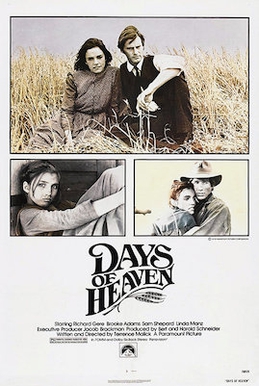
Days of Heaven is a 1978 American romantic period drama film written and directed by Terrence Malick, and starring Richard Gere, Brooke Adams, Sam Shepard and Linda Manz. Set in 1916, it tells the story of Bill and Abby, lovers who travel to the Texas Panhandle for work harvesting crops for a wealthy grain farmer. Bill persuades Abby to claim the fortune of the dying farmer by tricking him into a sham marriage. The scheme soon devolves into an Old Testament parable that threatens to destroy the lives of everyone involved.

Beyond the Valley of the Dolls is a 1970 American satirical musical melodrama film starring Dolly Read, Cynthia Myers, Marcia McBroom, Phyllis Davis, John LaZar, Michael Blodgett, Erica Gavin, and David Gurian. The film was directed by Russ Meyer and written by Roger Ebert from a story by Ebert and Meyer.
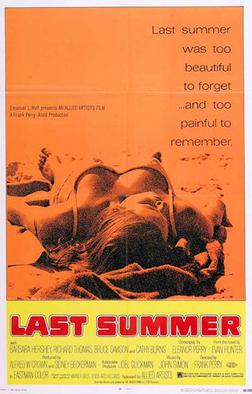
Last Summer is a 1969 teen drama film directed by Frank Perry and written by his then-wife Eleanor Perry, based on the 1968 novel of the same name by Evan Hunter. It stars Barbara Hershey, Richard Thomas, Bruce Davison, and Catherine Burns. The film follows the exploits of four teenagers during a summer vacation on Fire Island, New York.
A semidocumentary is a form of book, film, or television program presenting a fictional story that incorporates many factual details or actual events, or which is presented in a manner similar to a documentary.
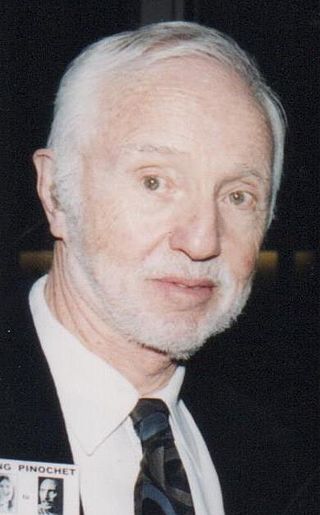
Haskell Wexler was an American cinematographer, film producer, and director. Wexler was judged to be one of film history's ten most influential cinematographers in a survey of the members of the International Cinematographers Guild. He won the Academy Award for Best Cinematography twice, in 1966 and 1976, out of five nominations. In his obituary in The New York Times, Wexler is described as being "renowned as one of the most inventive cinematographers in Hollywood."

Andrew Davis is an American filmmaker, known for having directed several successful action and thriller films during the 1980's and '90s. His best known works include Above the Law (1988), Under Siege (1992), The Fugitive (1993), Chain Reaction (1996), A Perfect Murder (1998), and Holes (2003). He was nominated for a Golden Globe Award for Best Director and a Directors Guild of America Award for Outstanding Directing – Feature Film for The Fugitive.
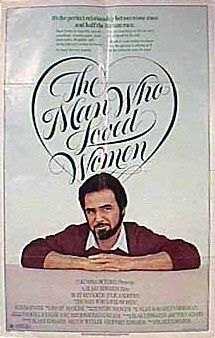
The Man Who Loved Women is a 1983 American comedy film directed by Blake Edwards and starring Burt Reynolds, Julie Andrews and Kim Basinger. It is a remake of the 1977 François Truffaut's film L'Homme qui aimait les femmes.
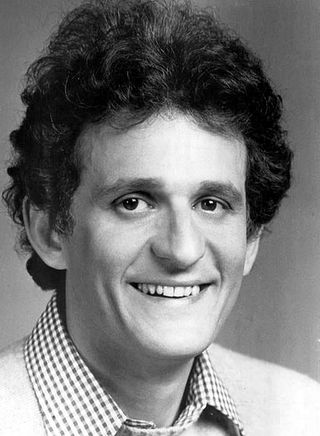
Peter Roman Bonerz is an American actor and director.

Marianna Hill is an American actress who is known for her starring roles in the Western films El Condor (1970) and High Plains Drifter and the cult horror film Messiah of Evil, as well as many roles on television series in the 1960s and 1970s.
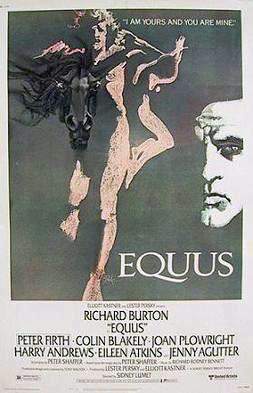
Equus is a 1977 psychological drama film directed by Sidney Lumet and written by Peter Shaffer, based on his 1973 play. The film stars Richard Burton, Peter Firth, Colin Blakely, Joan Plowright, Eileen Atkins, and Jenny Agutter. The story concerns a psychiatrist treating a teenager who has blinded horses in a stable, attempting to find the root of his horse worship.
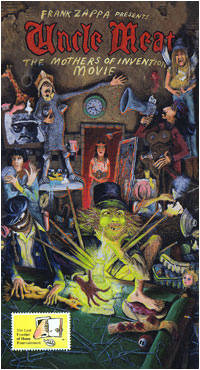
Uncle Meat is a 1987 film written and directed by Frank Zappa. It was conceived in 1968 as a vehicle for the Mothers of Invention, but remained unfinished until 20 years after the production began.
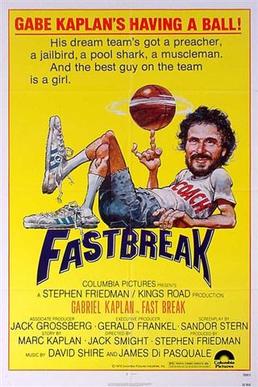
Fast Break is a 1979 American sports comedy film directed by Jack Smight and produced by Stephen Friedman. The film stars Gabe Kaplan as David Greene, Harold Sylvester as D.C. and Bernard King as Hustler. The film was Kaplan's big-screen debut, although he had made earlier appearances on television sitcoms and movies, and was one of the first film appearances of Laurence Fishburne.

Fuzz is a 1972 American action comedy film directed by Richard A. Colla and starring Burt Reynolds, Yul Brynner, Raquel Welch, Tom Skerritt, and Jack Weston.
The Living City is a 1953 American short documentary film about Chicago, by Haskell Wexler and John Barnes. It was nominated for an Academy Award for Best Documentary Short.

One Flew Over the Cuckoo's Nest is a 1975 American psychological comedy-drama film directed by Miloš Forman, based on the novel by Ken Kesey. The film stars Jack Nicholson as a new patient at a mental institution and Louise Fletcher as the domineering head nurse. Will Sampson, Danny DeVito, Sydney Lassick, William Redfield, Christopher Lloyd and Brad Dourif play supporting roles, with the latter two making their feature film debuts.
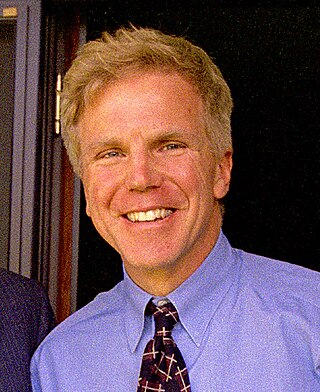
Mark Simon Wexler is an American documentary filmmaker and photojournalist.

















